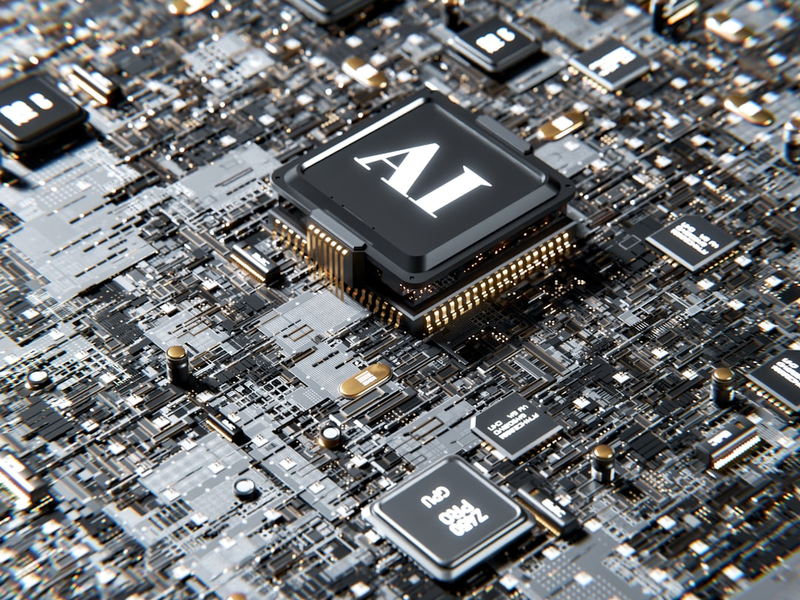AI Chatbots: The Silent Killer of Student Connections

Photo by Igor Omilaev on Unsplash
In the rapidly evolving landscape of higher education, artificial intelligence is quietly reshaping how students interact, learn, and grow. While chatbots like ChatGPT offer convenience and instant answers, they might be secretly undermining the most crucial aspect of college life: human connection.
Researchers are sounding the alarm about a growing trend where students increasingly turn to AI for academic support instead of engaging with professors, peers, and campus resources. Julia Freeland-Fisher from the Clayton Christensen Institute warns that this shift could have long-term consequences, potentially leaving students with fewer meaningful relationships and support networks.
Students like Christian Alba are finding themselves torn between the ease of AI assistance and the potential drawbacks. While chatbots can help overcome writer’s block and provide quick outlines, they cannot replace the nuanced guidance of a human mentor. Jean Rhodes, a psychology professor, emphasizes that AI tools might provide surface-level answers but lack the depth and context that human interactions offer.
The implications extend beyond academic performance. A recent MIT study revealed that frequent ChatGPT users were more likely to experience loneliness and isolation. This trend is particularly concerning for a generation already struggling with connection in an increasingly digital world.
Experts suggest that the relationships formed during college are often more valuable than the information learned. These connections can lead to mentorship opportunities, job leads, and lifelong friendships. By replacing human interactions with AI, students risk missing out on these critical networking experiences.
As technology continues to advance, educational institutions must find a balance. While AI can be a powerful learning tool, it should complement – not replace – human interaction. Students are encouraged to view chatbots as supplements to their learning, not substitutes for genuine academic and social engagement.
The future of education depends on maintaining the delicate balance between technological convenience and meaningful human connection.
AUTHOR: pw
SOURCE: CalMatters
























































